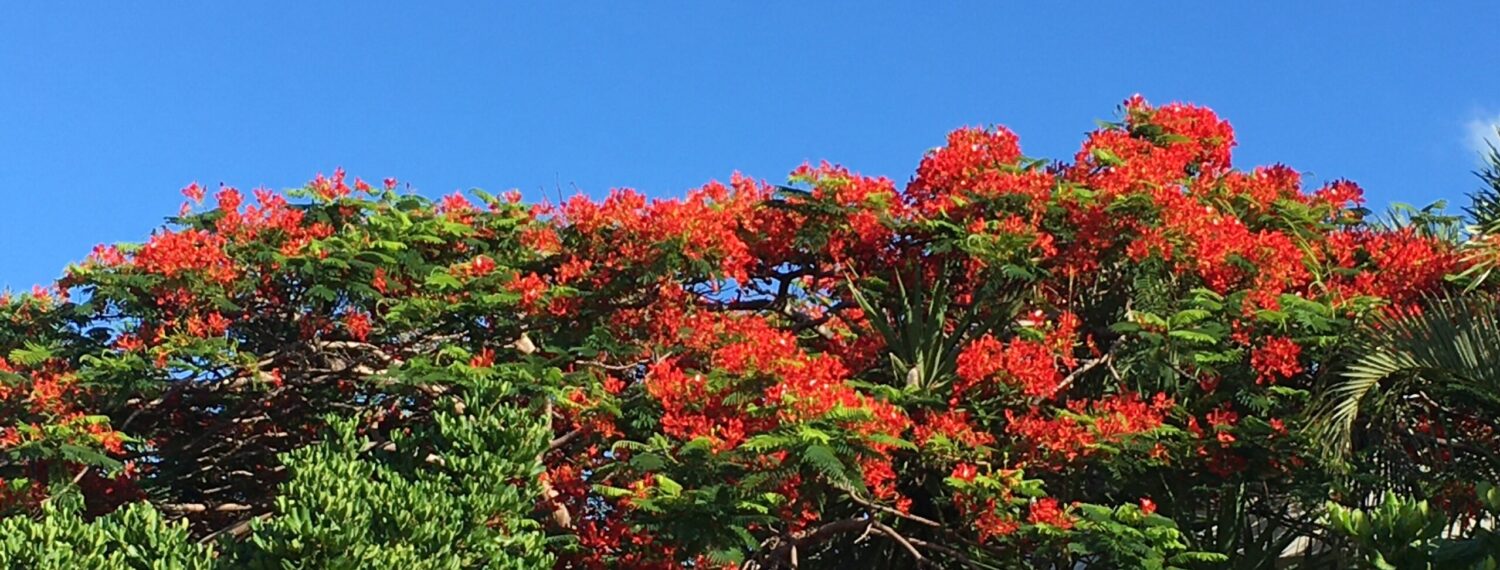The contemplation of impermanence and mortality (death) is an essential aspect of Dharma practice.
Because of ignorance and misperception, we become attached to permanence and solidity. We habitually deny the fact of our mortality, acting as if we will live forever. This misperception of reality only brings more confusion, stress, dissatisfaction, and suffering.
However, when we face the inevitability of our death, then we start to wonder what to do about it and how to deal with the uncertainty of life. In this way, contemplating impermanence and death brings great insight and benefit. We purify our ignorance and delusion and we develop a correct understanding of reality.
In addition, our attachment to pleasure, possessions, trivial activities, and other material pursuits subsides. We realize that the temporary pleasures of this life can never provide us with lasting happiness or satisfaction.
Everything in this material world, including our own body, is impermanent. Everything changes constantly. Even our state of mind and our feelings are constantly changing and are therefore impermanent. Assuming the permanence of anything except our essential Buddha nature, awakened awareness, will bring dissatisfaction and suffering. We must contemplate the fact that death is inevitable.
At some time death will come to each of us. Death is the inevitable result of birth, the natural display of impermanence. With each passing moment we are closer to our death. We will have to leave our body eventually, and death will come regardless of whether we have made time to practice Dharma. Death is certain. The time of our death is uncertain—we do not know when death will occur. Each day we encounter numerous dangers that could cause death at any moment.
At the time of death, our wealth, possessions, and even our most cherished friends will not be able to help us. Money cannot buy us more time nor will it buy us happiness or peace. Our friends can offer their love and support, yet they cannot hold us back from death. Our body, no longer able to support us, will be of no assistance at the time of death.
Only the wisdom we have developed by practicing the Dharma will remain with us continually. Nothing but the Dharma, our inner spiritual wealth, can be of benefit to us at the time of death. By understanding impermanence and death we realize the preciousness of life and we can choose to embrace what is truly of value. We will wisely discern how we spend our valuable time and energy and will make a determined effort to practice the Dharma, cultivate virtue, and serve the welfare of all living beings.
Source: Used with permission from https://sourcepointglobaloutreach.org/what-we-offer/
Photo Credit: Intellimon Ltd. (for image at top of page)

